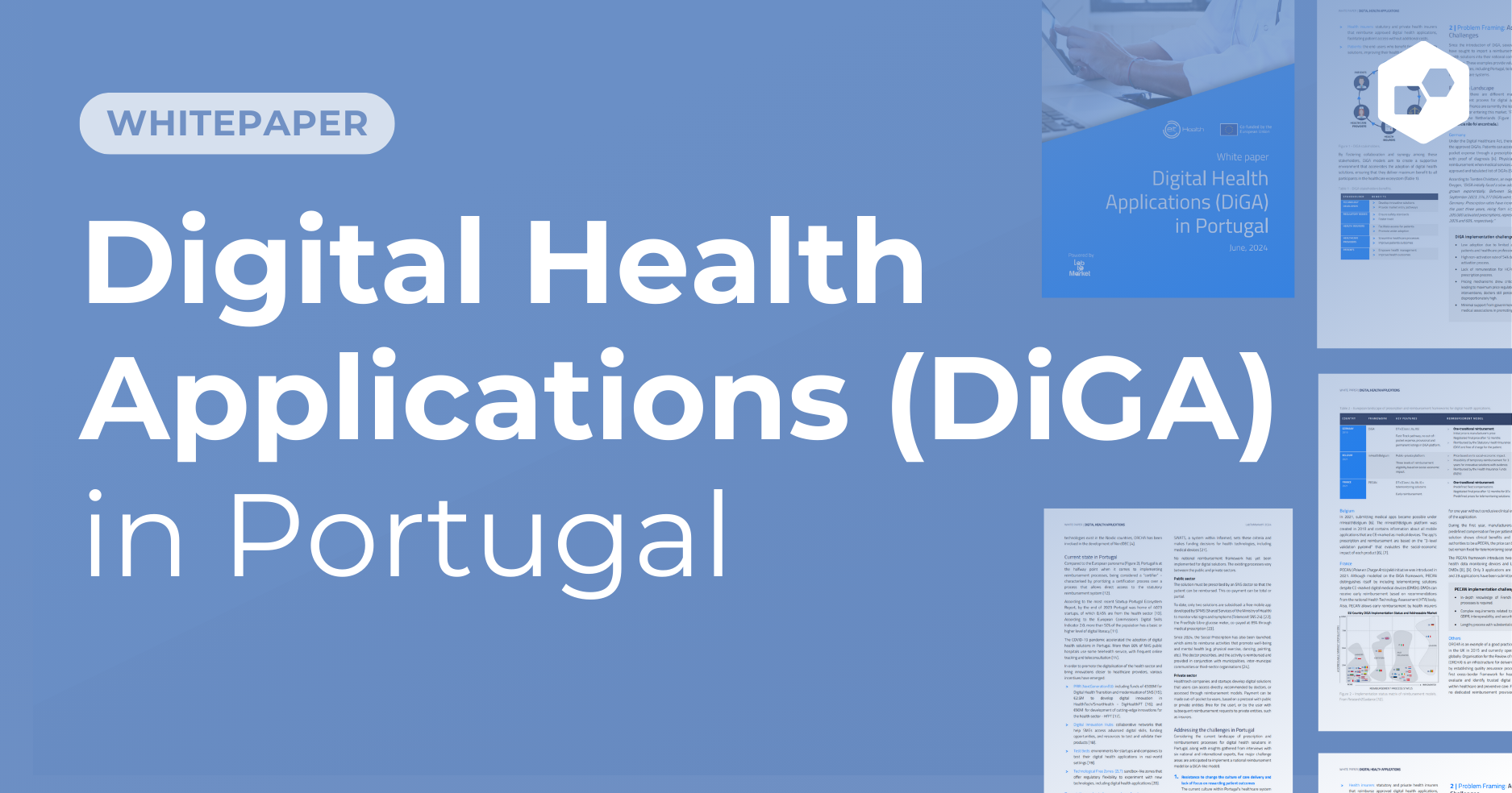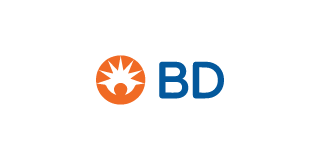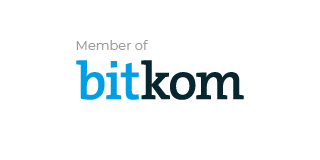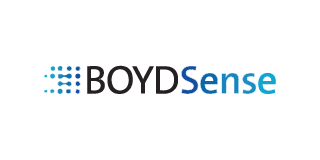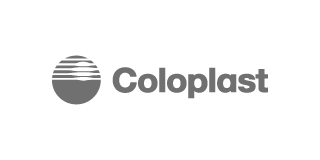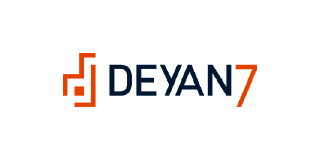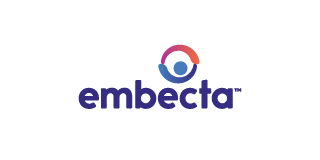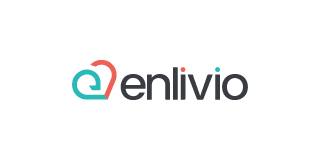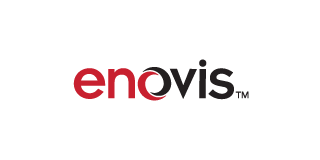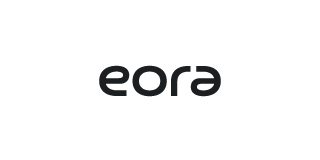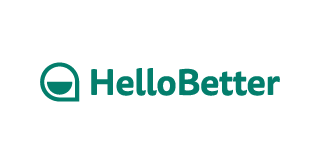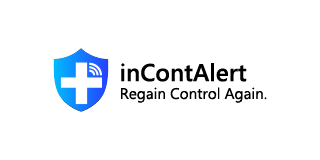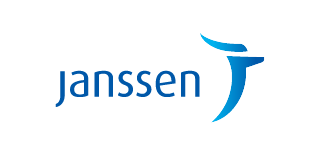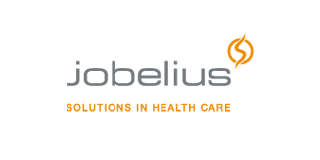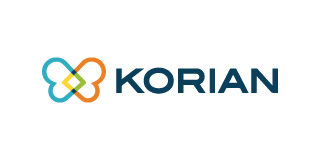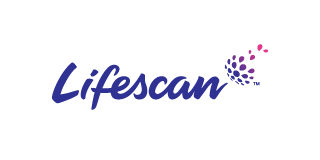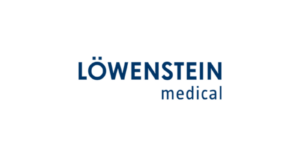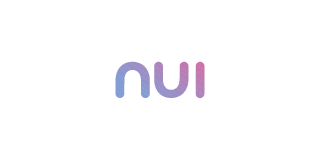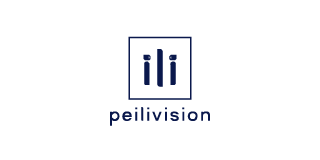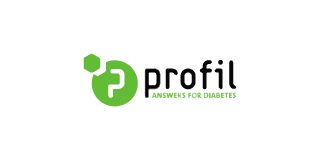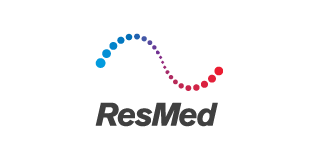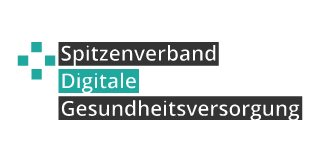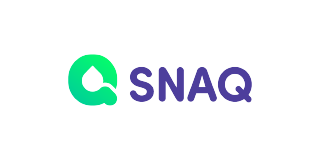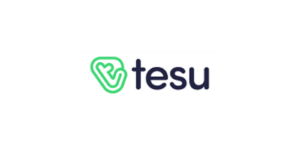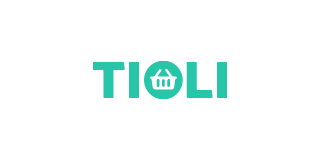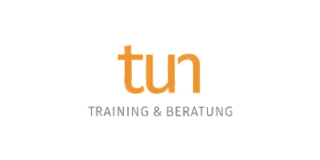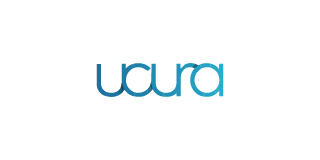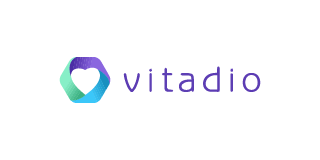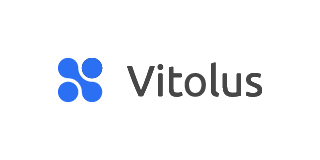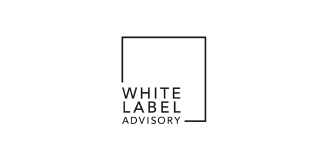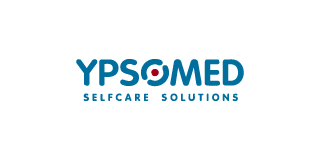Commercial Excellence – New Levers in Pharmaceutical Field Force
Field Force remains a crucial revenue driver for pharmaceutical companies. However, even before the COVID-19 pandemic, it was clear that the traditional approach needed an urgent update.
1. New Challenges in Field Force
It’s undisputed that field force is essential for any pharmaceutical company: understanding the needs of prescribers and providing them with the necessary study data and arguments to make informed prescribing decisions. While patient-focused marketing targets patient demand for a product, field force is key to drive healthcare professional (HCP) prescriptions and recommendations for pharmaceutical or MedTech products. So why does traditional sales force needs an update, and what should this update look like? Let’s examine the current challenges:
1.1. The New Needs of Physicians
As in many other areas, the COVID-19 pandemic catalyzed changes in physicians’ daily routines: contact and travel restrictions, a sudden increase in patient numbers, significant additional bureaucratic requirements, and new processes, often with fewer staff available due to the pandemic or general staff shortages, or both. Physicians who couldn’t see patients in person had to quickly switch to video consultations. Digital proficiency varied among HCPs, just as it did among their patients. Every friction, no matter how small, in their processes scaled painfully with each additional patient.
These experiences have led to lasting changes for both physicians and patients. While video consultations have decreased among patients post-pandemic, physicians have shown varying preferences for visits from pharmaceutical representatives: some enjoy the return to in-person interactions, while a significant portion has shifted to virtual visits. More than 90% of HCPs now prefer more virtual contacts. Physicians increasingly expect these pharmaceutical interactions to be tailored to their specific needs. COVID-19 was a stress test, but it also provided an opportunity and necessity to reevaluate processes, priorities, and preferences. Field sales must now thoroughly understand what their physicians expect and need: currently, only about 7% of HCPs are “very satisfied” with the provided pharmaceutical content.
1.2. The New Importance of Efficiency
The pharmaceutical industry is not immune to broader political and economic developments: global conflicts, societal tensions, and technological upheavals create uncertainty, leading companies to be cautious with investments. Consequently, there is an increased focus on efficiency in the pharmaceutical industry, particularly in sales and marketing. Every pharmaceutical company must better utilize existing resources. This task falls to the “Commercial Excellence” division, now facing new challenges: How can we maximize the potential of new and existing contact channels, support the digital processes of physicians and patients, and use the wealth of new data to increase revenue with the same or fewer resources?
1.3. The New Importance of Best Practices
The ubiquitous shortage of skilled professionals also significantly impacts pharmaceutical companies and their sales organizations, leading to a noticeable performance gap among team members and between teams. As a result, systematically collecting, sharing, and developing best practices in sales force teams has become more critical than ever. Best practice sharing was once a key tool for enhancing the performance of successful sales teams; now, it’s essential to maintain the functionality of field sales teams.
2. Three Steps to New Levers in Pharmaceutical Field Force
Pharmaceutical companies face three main challenges:
- New, often highly individualized needs and expectations from HCPs.
- Economic pressure to use resources as efficiently as possible.
- The challenge of implementing these insights across complex sales organizations.
So, how do we address these challenges?
Step 1: Understand Your Own Best Practices
In many, even the best, sales organizations, knowledge about what works in field sales is unevenly distributed. This is not necessarily due to silo thinking but because collecting, preparing, sharing, and developing best practices can be a complex endeavor. Here are some tips for identifying best practices in pharmaceutical sales organizations:
- Involve More Than Just the Top Performers: The top performers in sales rankings are crucial for best practices, right? Not necessarily. Significant performance differences can indicate structural aspects, such as particularly willing prescribers, regional differences, or longer relationships with HCPs. Include a broader range of colleagues when identifying best practices.
- Conduct Individual Interviews: Dominant and less dominant individuals exist in every team. The latter often provide valuable insights but can be overshadowed in group discussions. Take the extra time for individual interviews; it’s worth it.
- Use External Support: Utilize external help for identifying best practices. This doesn’t necessarily mean specialized consultants; well-briefed colleagues from other teams or departments can offer fresh perspectives and more open communication.
- Include Worst Practices: Efficiency in a sales organization is about doing the right things (best practices) and avoiding the wrong ones (worst practices). Structured interviews with your sales representatives can reveal what doesn’t work and why, preventing others, especially new employees, from repeating known mistakes.
- Schritt 2: HCPs neu verstehen
Step 2: Re–understand HCPs
Physicians’ needs have significantly changed. Pharmaceutical companies must often completely rethink their approach to physicians. Beyond the basics (“What do prescribers think of my products and those of my competitors?”, “What prevents them from prescribing my product?”), two perspectives require careful consideration:
- HCP Digital Maturity: Understanding where prescribers are in their digital journey is essential. Only by understanding how digital (or analog) they are, their stance on digital processes and therapeutics, and their plans and current limits, you can make your communication more efficient and redefine your role from salesperson to problem solver.
- Patient Perspective: Field sales serve HCPs, who are in turn exposed to the needs, fears, and trends of their patients. Sales organizations must understand what this means: What patient questions must HCPs answer? What’s important to patients in the prescribing process and why? Is a medication vegan, and does it matter? How does a medication fit with a digital health application, and who helps with its application process?
Once initial hypotheses on best practices are formed, they must be tested. Significant regional differences and peculiarities can exist, or there may be biases in the HCP sample. A proven method for gaining these insights is “Voice-of-Prescriber” or “Voice-of-Patient” studies, where necessary insights are collected and tested on-site with HCPs, practice teams, and patients.
Step 3: Make Results Visible – The Field Sales Playbook
Let’s recap:
- We’ve identified the needs of prescribers and understand what needs they must fulfill for their patients.
- We’ve identified best practices within our sales organization or a team.
- We’ve tested these best practices for general applicability.
Now, it’s time to consolidate, prepare, and share this information in a way that’s understandable and actionable for everyone on the team, such as in a field sales playbook.
A playbook should include:
- HCP Profiles: What drives our prescribers, what do they expect from us, and how can we help them?
- Best Practices (Actionable Recommendations): What works and why?
- Context and Specific Examples (Anonymized): For illustration.
- Pitfalls (Worst Practices): What should be avoided?
Such a playbook should be available in one or more formats that are most practical for the team in their daily field sales work: print, searchable digital versions suitable for smartphones or tablets, Q&A formats, and/or personal or group training programs – all tailored to the needs of the field sales organization.



